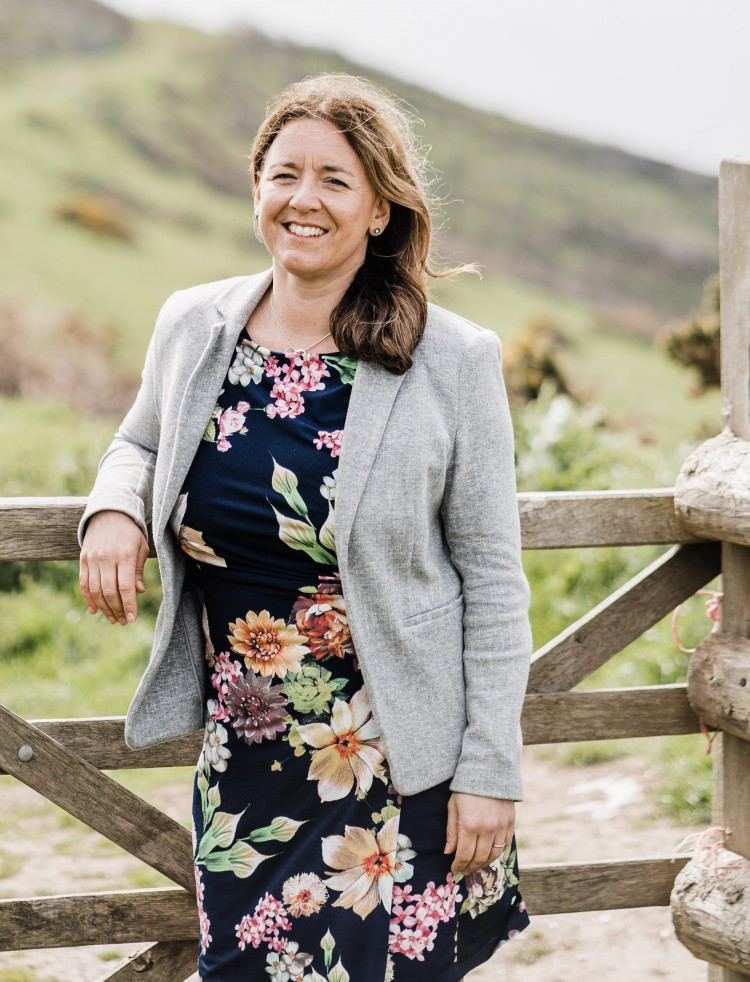T: 01822 851370 E: [email protected]
Visit RSN Survey about life in rural England to find out more.
Voters Urge All Parties To Improve Access To Early Years Places Amid Childcare Crisis

New research from the Early Education and Childcare Coalition (EECC) and More in Common finds that 68% of all voters think the next government should prioritise early education and childcare as much as primary school, with the same number saying more funding for early years would benefit the country in the long-term. A further 44% of voters thought more investment in early education and childcare would actually save the country money in the long-run.
The EECC’s annual Pulse Check report looks at voters’ attitudes to early education and childcare and found that 67% think that early education and childcare is good for the whole country, up from 60% last year, but many are concerned about the lack of places across England:
- 81% of parents of children under the age of five are concerned about the availability of places
- 77% of parents of children with special educational needs and disabilities (SEND) are concerned about the availability of places, compared to 59% of all parents
- 78% of Black voters and 64% of Asian voters are concerned about the availability of places compared to 52% of White voters
- 73% of all voters support increasing funding for early education so providers can offer more places
- 80% of voters think all children should be able to access early education and childcare no matter where they live.
Earlier last week, data from the Office of National Statistics (ONS) and Ofsted found ‘wide variation’ in access to places across England with affluent areas of the country having greater access to childcare places than the poorest areas. Previous research from the New Economics Foundation (NEF) found that 1.5 million children in England live in childcare deserts while research by Coram Family and Childcare found that just 6% of local authorities have enough provision for children with SEND.
Commenting on the findings, Sarah Ronan, Director of the EECC, said:
“Voters know that early education and childcare is good for all of us and they want to see policies that recognise that. Unfortunately, despite the clear benefits to children’s learning and parents’ ability to work, there is a real inequality in how families can access the provision they need with far too many living in ‘childcare deserts’ where availability of places is low. We want to see all political parties guarantee that every child can access a place if they need it but that starts with fair and sustainable funding for providers so they can deliver the high-quality education and childcare that will support children to develop and thrive and parents to work.”
Helen Donohoe, CEO of the Professional Association for Childcare and Early Years (PACEY) and member of the Coalition comments:
“Voters across the country understand that if we are to build a prosperous future for the country, we must invest in the best start in life for every child. Inequality is corrosive and starts from birth, therefore the current evidence of such disparities in access to early education and childcare is appalling. Voters want to see that addressed with policies that enhance life chances for all children, no matter what disadvantage they start life with. High quality early education and childcare is fundamental to that. It needs determined political will, but it’s the key to a positive future for all.”
The polling also uncovered strong support for policies that would give parents more choice in how they balanced parenting with work:
- 60% of all voters supported extending statutory paternity and maternity leave to give parents more choice in how they care for their children in the early years. Just 12% were opposed to this.
- 80% of parents with children under the age of five were in favour of extending parental leave rights.
- 71% of all voters supported greater flexible working rights in order to give parents more choice about balancing parenting and work, with just 5% opposed.
- Support for greater flexible working rights was highest among parents of children with SEND with 94% in favour, while 81% of single parents also supported such a move
Joeli Brearley, CEO of Pregnant Then Screwed, a member of the Coalition, comments:
“We are way behind other countries when it comes to parental leave - poor pay means many families start their life in a black hole of debt from which they struggle to recover. Meanwhile, a lack of high-quality flexible working makes it impossible for many to fulfil their potential whilst being a parent. Right now, the future isn’t bright for so many new families who are desperate to hear something hopeful during this election campaign.”
Earlier findings from the research released last month found significant support for widening the eligibility criteria for current childcare offers. Almost three-quarters (71%) of voters think all children should have access to early education and childcare regardless of their parents’ employment status, while 59% think all children should have access to a place regardless of their parents’ immigration status. A further 66% think all parents in training or study should be allowed to access the current funded hour schemes.
Pulse Check 2024 follows from the release of the EECC manifesto, Rescue and Reform, backed by more than 30 organisations. It calls for the next government to:
- Guarantee that all children can access high-quality provision that their parents can afford
- Commit to sustainable and fair funding for all types of providers
- Invest in and commit to a new early years workforce strategy
 |
Kerry Booth, RSN Chief Executive
|



